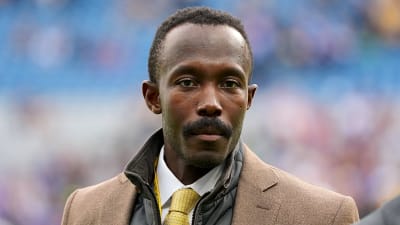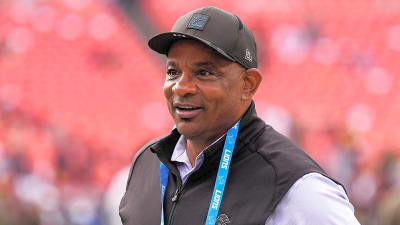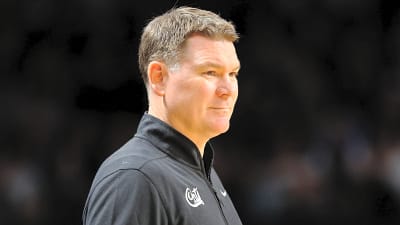
Whoops! Standards slipping again at Hockey Hall of Fame
There is no greater individual honor in hockey than induction into the Hall of Fame. It is a distinction that, in theory, is supposed to be reserved for the best of the best. But too often the Hockey Hall of Fame has lost sight of that vision.
We were reminded of it again when the six-person class of 2019 was named last month. It included former Montreal Canadiens and Dallas Stars forward Guy Carbonneau, perhaps one of the weakest entrants into the Hall of Fame in the history of the building.
Carbonneau was a fine defensive forward and a three Stanley Cup-winner (two in Montreal, one in Dallas). He is the type of player whom every coach and general manager would want on their team. But he is Exhibit A for all the qualities the Hockey Hall of Fame still overvalues way too much.
Carbonneau was never selected to play in an All-Star Game during his 19-year career. He never appeared in the top 20 of any offensive category in any season, and never finished as leading scorer on his team.
In more than 1,300 regular-season games, most of which were during the highest-scoring era in NHL history, Carbonneau tallied 260 goals and 663 points. During his career, 103 players scored more goals and 92 tallied more points than Carbonneau.
The argument for his HOF entry is that he was a great defensive player -- he won three Selke Trophies as the league's best defensive forward. Fine. But that alone doesn't make him Hall worthy. We are mostly relying on the eye test of people who watched him during those years to justify that claim, and we are also assuming that he was so good defensively that it more than made up for his lack of potency with the puck on his stick. Those are two tough arguments to make.
The Hockey Hall of Fame has a lot of biases in what it looks for in players.
If you were a member of a Stanley Cup-winning team, and especially a dynasty, you are going to get bumped to the top of the line.
In classic hockey fashion, it also tends to romanticize and overemphasize role players and toughness, especially if you are, again, a member of a multiple Cup-winning team.
Carbonneau checks all of those boxes, and when combined with what was a weak class of eligible players (Canadian women's player Hayley Wickenheiser was probably the only true slam-dunk lock to get in this year), it was easier for him to get his call.
Carbonneau falls into the Clark Gillies (New York Islanders winger) and Gerry Cheevers (Boston Bruins goalie) level on the Hall of Fame hierarchy, as their surroundings did more for them than their individual play. Had Carbonneau spent the first 15 years of his career playing outside of Montreal and on a team that did not win a couple of Stanley Cups, he probably never gets mentioned in the same breath as the Hall of Fame.
There are other examples of the Hall of Fame's lax standards. In 2006, Dick Duff, a role player for five teams from 1954-1972, was inducted. He was a member of six Stanley Cup-winning teams in Montreal and Toronto, but was never one of the top players on any of them. He never finished in the top 10 in points and never finished higher than eighth in goals.
Others received their Hall of Fame call because they were good players in the right era. Bernie Federko and Michel Goulet fall into this category for their play throughout the 1980s. Their overall career numbers look strong, but it was mostly a result of playing a long time in the highest-scoring era in league history. Despite their strong overall numbers, neither finished as a league leader in any major category, never won a major award, and were never considered one of the best players in the league throughout their careers.
This is probably oversimplifying it a bit too much, but when Hall of Fame standards are the discussion, you need to ask yourself basic questions:
Was a player one of the best in his/her era?
Did this player make opposing teams and fans fear him or her?
Did this player do something that changed the game or the league in a profound way? (Willie O'Ree breaking the color barrier is an example, as are any of the players who were responsible for the increasing European influence on the league.)
If the answer to those questions are no, the player is probably not worthy of an induction.
The Hall of Fame is supposed to be reserved for the giants of the sport. Every sport has some questionable Hall of Famers, but too often the NHL has slipped and lowered the bar.
More must-reads:
- Yardbarker's Ultimate NHL Hall of Fame tiers
- Yardbarker's Ultimate Hall of Fame tiers: Active stars on path to enshrinement
- The 'Skill-position Pro-Bowlers' quiz
Breaking News
Trending News
Customize Your Newsletter
 +
+
Get the latest news and rumors, customized to your favorite sports and teams. Emailed daily. Always free!








